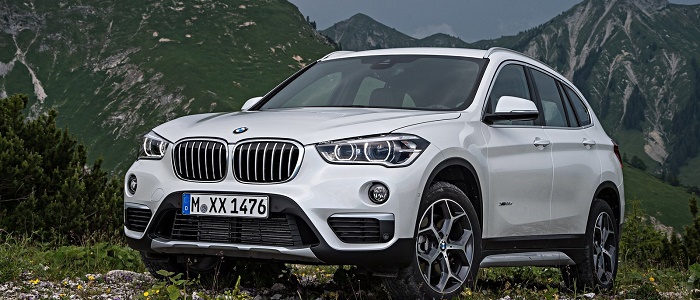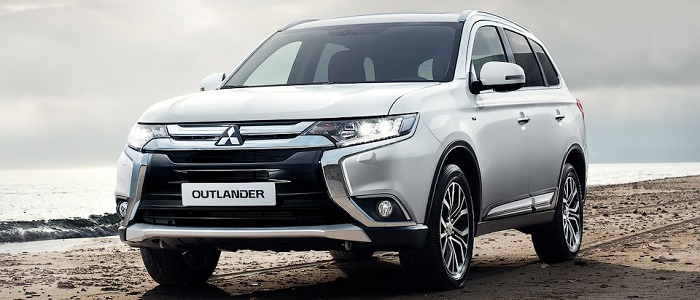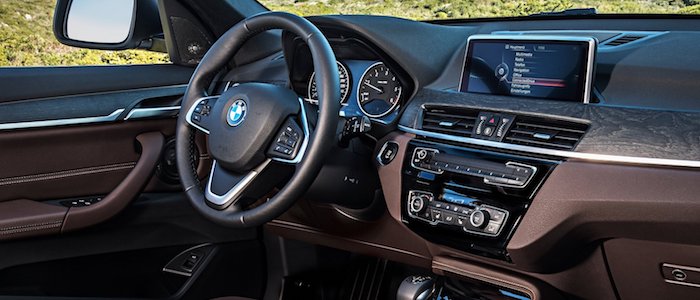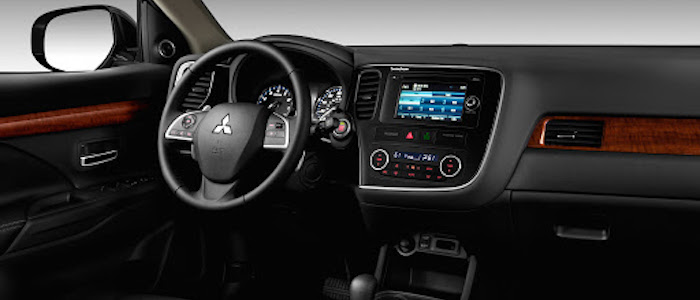Compare two cars
Compare any two cars and get our Virtual Adviser™ opinion
Dimensons & Outlines
Check vehicle history
Engine
Performance (manual gearbox)
Performance (automatic gearbox)
Expenses
Virtual Adviser's™ opinion
Well, these are two pretty similar cars we have here! It's only details that could potentially make the difference. Considering they both belong to the suv segment and utilize the same 5-door suv body style and the 4 x 4 wheel drive system, it all comes up to the specific petrol engine choice they offer. The first one has a BMW-engineered powertrain under the hood, a 4-cylinder, 16-valves 231hp unit, while the other one gets its power and torque from a 4-cylinder, 16-valves 150hp engine designed by Mitsubishi.
SafetyThe first thing to look into here would be the results from European New Car Assessment Programme (Euro NCAP) tests performed on the two cars. Good thing is that both vehicles got tested, with the same number of safety stars gained in the process. That aside, let's consider some other aspects which affect safety. Both vehicles belong to the suv segment, which is generally a very good thing safety-wise, still it doesn't help us solve our dilemma, does it? Furthermore, when it comes to weight, a factor that most people underestimate, the German car offers a marginal difference of 3% more metal.
ReliabilityManufacturers have been building their reliability reputation for decades now and, generally speaking, it appears that Mitsubishi does have a slight advantage, when all the models are taken into account. These are the official statistics, while our visitors describe reliability of BMW with an average rating of 4.1, and models under the Mitsubishi badge with 4.6 out of 5. Independent research findings rank X1 as average reliability-wise, and Outlander is more or less at the same level.That apart, owners of different cars powered by the same engine as the German car rank it on average as 3.0, while the one under the competitor's bonnet gets 4.0 out of 5.
Performance & Fuel economyBMW is way more agile, reaching 100km/h in 5.5 seconds less than its competitor. In addition to that it accelerates all the way to 235 kilometers per hour, 45km/h more than the other car. When it comes to fuel economy things look pretty much the same for both cars, averaging around 6.4 liters of fuel per 100 kilometers (44 mpg), in combined cycle.
Verdict
Mitsubishi appears just a bit more reliable, although the difference is truly marginal. The most important thing when deciding between any two vehicles should always be safety, both passive and active. In my opinion, everything taken into account, the German car offers slightly better overall protection and takes the lead. It all continues in the same direction, with BMW outracing its opponent in any situation possible, making it better choice for boy racers. Fuel consumption is more or less the same. All together, there's not much more to say, in this case I wouldn't even consider anything but BMW. In any case that's my personal view, built upon all the data available to me. What should decide here though is the way you feel about the two vehicles, and I hope you'll find my guidelines useful in the process. Also, you could use the oportunity to find out which car, everything taken into account, would be the perfect choice for you in the eyes of the virtual adviser™, out of 12.000+ vehicles we currently have in our database.

































